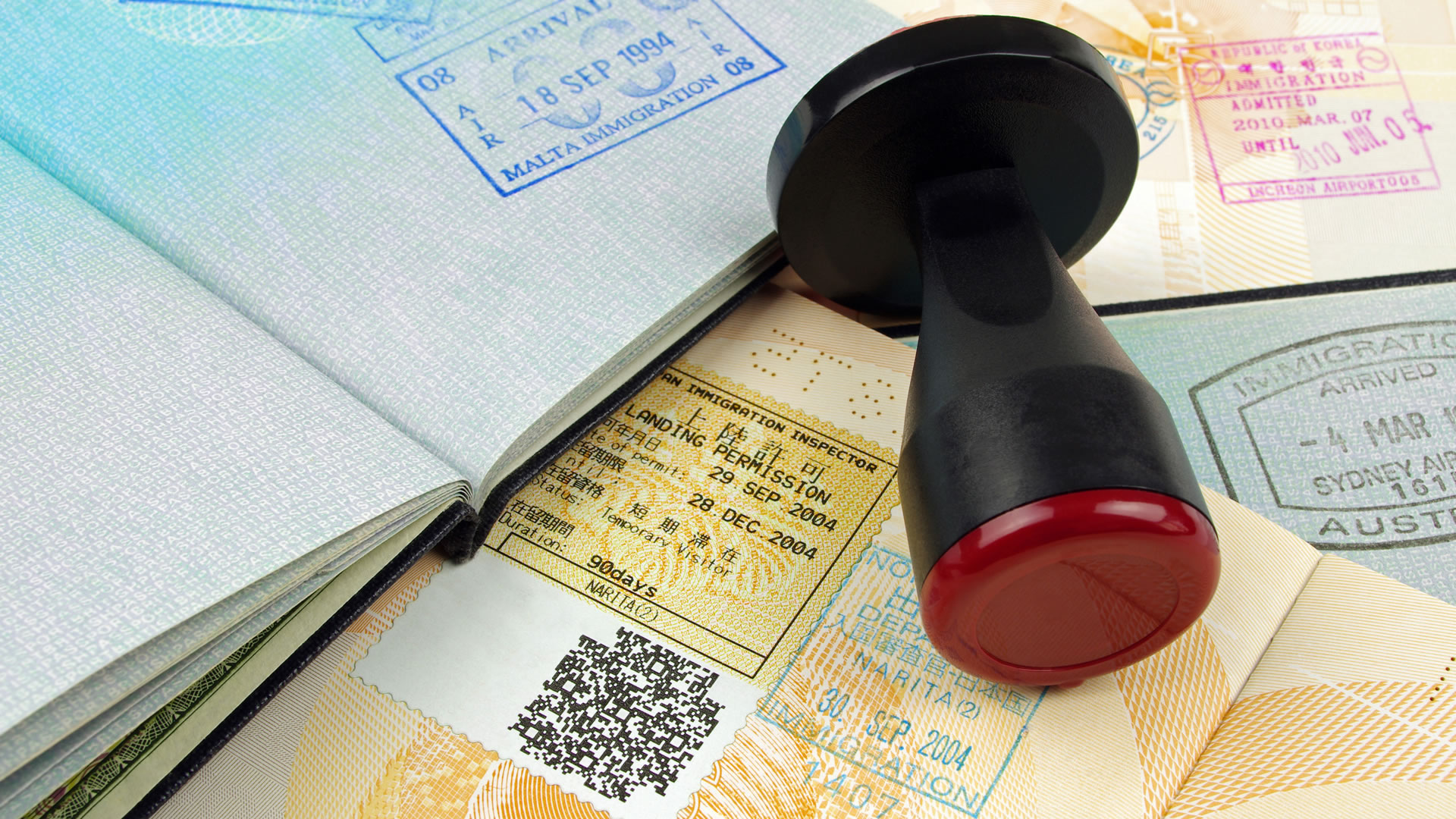History of Dominican Immigration Law

Migration law is the set of public law norms that regulate the international transit of people (nationals and foreigners); establishes the modalities and conditions to which the entry, stay or stay and departure of foreigners will be subject and what is related to the departure, emigration and return or repatriation of nationals.
Historically, migration was regulated only through national regulations (legislation). With the increase in global human mobility, States have begun to cooperate with each other, in such a way that international standards have begun to be dictated on this issue, such as the Convention on the Protection of the Rights of Migrant Workers and their Families, or the Global Compact for Safe, Orderly and Regular Migration.
The Dominican Republic since 2004, considering that international migrations constitute one of the most important social processes of the Dominican nation at the beginning of the XXI century, whose consequences significantly condition the economic, political, social and cultural life of the country, promulgates the Law General Migration No. 285-04, which regulates the migratory flows in the national territory, both with regard to entry, stay and exit, as well as immigration, emigration and return of nationals.
Currently, our Migration to the Dominican Republic is regulated by the Constitution, Law No. 285-04, by bilateral agreements and conventions with other countries.
